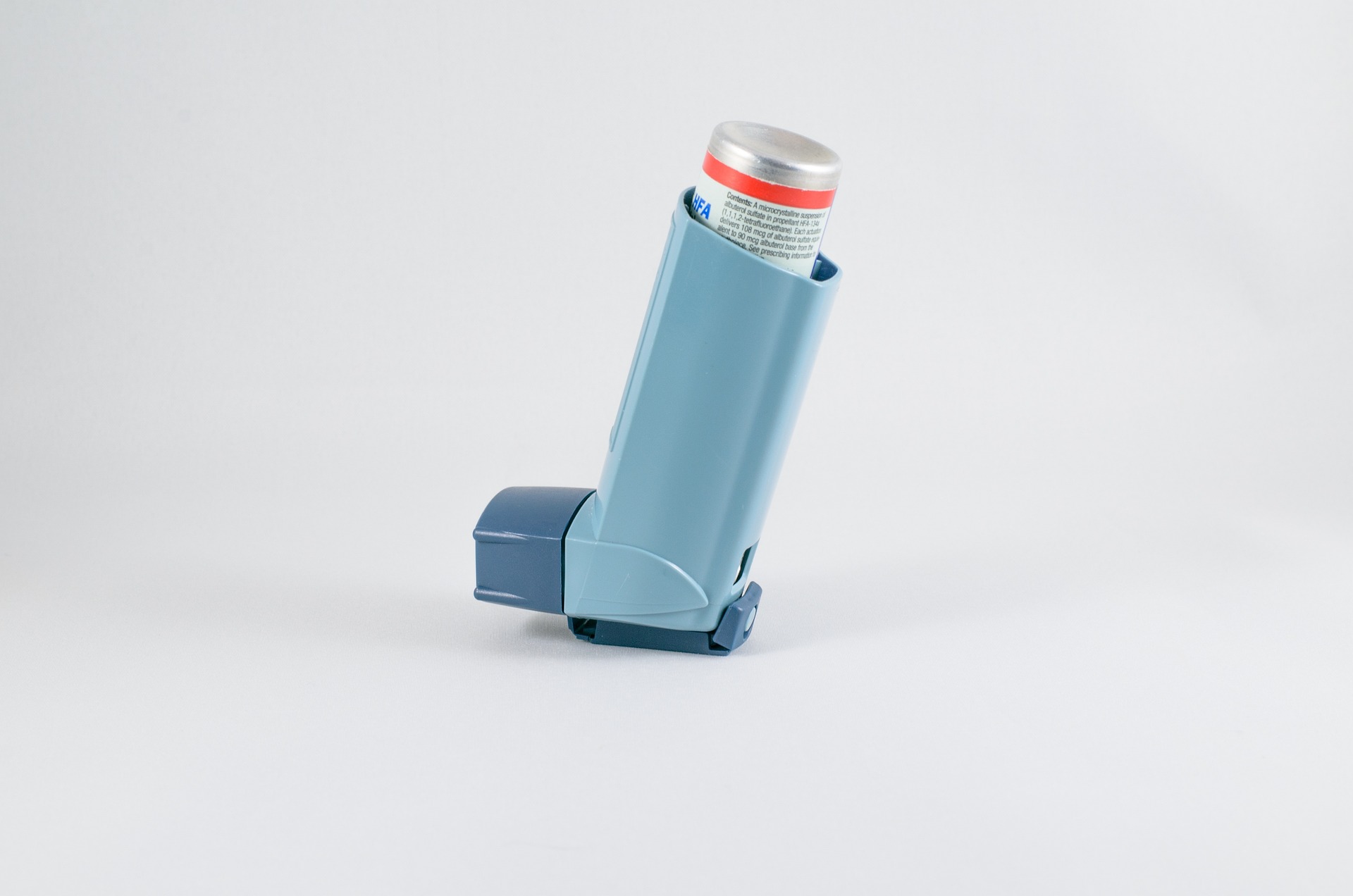Advanced Asthma Relief and Modern Treatment Options in the United States
Asthma affects millions of Americans every year, with symptoms ranging from mild wheezing to severe respiratory distress. Recent innovations in treatment are giving patients faster relief and more control over their condition than ever before. From advanced inhaler technology to targeted biologic therapies, today’s asthma care options offer hope for improved breathing and better quality of life. This article explores modern treatments, expert care, and how to find the most effective solutions for your specific needs.

Understanding the Changing Landscape of Asthma Treatment
The field of asthma treatment has undergone significant transformation in recent years. Traditional approaches focused primarily on symptom management, but today’s treatments target the underlying inflammatory processes that drive asthma symptoms. Personalized medicine now allows healthcare providers to tailor treatments based on individual patient characteristics, including specific triggers, asthma phenotypes, and genetic factors.
Step-therapy protocols have evolved to include biologic medications for patients with severe asthma who don’t respond adequately to conventional treatments. These targeted therapies work by blocking specific inflammatory pathways, offering hope to patients who previously had limited options. Additionally, healthcare providers now emphasize comprehensive asthma action plans that combine medication management with lifestyle modifications and trigger avoidance strategies.
Inhaler Technology and Rapid Symptom Management
Modern inhaler technology has made significant strides in improving medication delivery and patient compliance. Smart inhalers equipped with digital sensors can track usage patterns, remind patients to take medications, and provide real-time feedback to healthcare providers. These devices help identify potential issues before they lead to asthma attacks.
Dry powder inhalers and metered-dose inhalers have been refined to ensure more consistent medication delivery to the lungs. New formulations combine both quick-relief and long-term control medications in single devices, simplifying treatment regimens for patients. Nebulizer technology has also advanced, with portable mesh nebulizers offering faster medication delivery and improved convenience for patients requiring frequent treatments.
Breakthrough Therapies for Severe Asthma
Biologic medications represent one of the most significant advances in severe asthma treatment. These targeted therapies include monoclonal antibodies that block specific inflammatory proteins like IL-5, IL-4, IL-13, and IgE. Medications such as omalizumab, mepolizumab, benralizumab, and dupilumab have shown remarkable effectiveness in reducing asthma attacks and improving lung function in patients with severe, treatment-resistant asthma.
Bronchial thermoplasty, a non-drug procedure that uses controlled heat to reduce airway smooth muscle, offers another option for severe asthma patients. This treatment can significantly reduce the frequency of asthma attacks and improve overall symptom control. Gene therapy research is also showing promise, with scientists exploring ways to modify the genetic factors that contribute to asthma development and progression.
The Role of Allergy Management in Asthma Control
Allergic asthma affects approximately 60% of people with asthma, making allergy management a critical component of comprehensive treatment. Modern allergy testing methods, including component-resolved diagnostics, help identify specific allergen proteins that trigger asthma symptoms, enabling more precise avoidance strategies.
Sublingual immunotherapy tablets and allergy shots continue to play important roles in reducing sensitivity to common allergens like dust mites, pollens, and pet dander. These treatments can significantly reduce both allergy symptoms and asthma exacerbations. Environmental control measures, supported by advanced air filtration systems and allergen-proof bedding materials, complement medical treatments by reducing exposure to triggers in indoor environments.
Looking Ahead Innovation and Accessibility in Asthma Care
The future of asthma care promises even more personalized and accessible treatment options. Telemedicine platforms are expanding access to specialist care, particularly beneficial for patients in rural areas or those with mobility limitations. Artificial intelligence is being integrated into asthma management apps that can predict potential exacerbations based on environmental data, symptom patterns, and medication usage.
Research into microbiome-based therapies and precision medicine approaches continues to advance, with the potential to revolutionize how asthma is prevented and treated. Wearable devices that monitor lung function and environmental exposures in real-time are becoming more sophisticated, providing patients and healthcare providers with unprecedented insights into asthma patterns and triggers.
| Treatment Category | Example Options | Monthly Cost Range |
|---|---|---|
| Controller Inhalers | Advair, Symbicort, Breo | $150-$400 |
| Rescue Inhalers | Albuterol, ProAir, Ventolin | $30-$80 |
| Biologic Therapies | Xolair, Nucala, Fasenra | $2,500-$4,000 |
| Allergy Medications | Singulair, antihistamines | $20-$200 |
Prices, rates, or cost estimates mentioned in this article are based on the latest available information but may change over time. Independent research is advised before making financial decisions.
The evolution of asthma treatment continues to provide new hope for patients seeking better symptom control and improved quality of life. With advancing technology, innovative therapies, and increasingly personalized approaches, the future of asthma care looks brighter than ever. Patients should work closely with their healthcare providers to develop comprehensive treatment plans that incorporate these modern advances while addressing their individual needs and circumstances.
This article is for informational purposes only and should not be considered medical advice. Please consult a qualified healthcare professional for personalized guidance and treatment.




